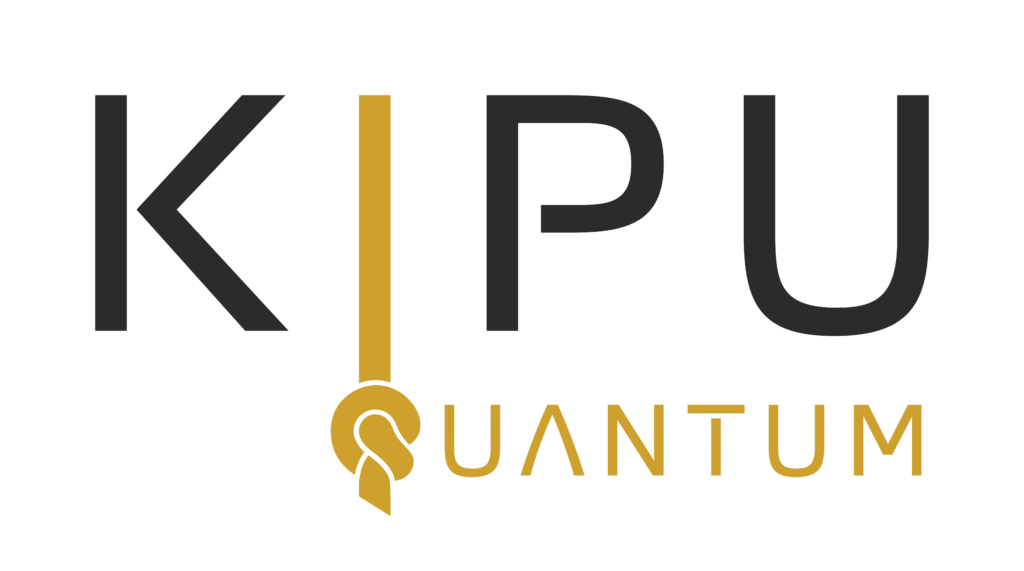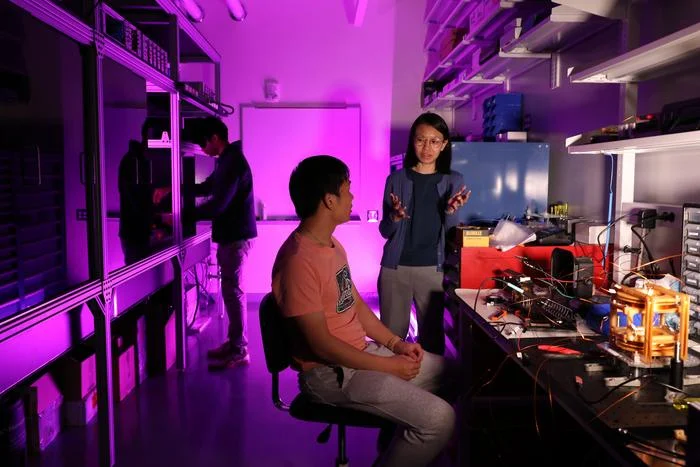Insider Brief
- IonQ demonstrated an industry-first end-to-end hybrid quantum-classical workflow, integrating its quantum hardware with NVIDIA’s CUDA-Q platform for advanced molecular modeling.
- The collaboration showcases a resource-efficient approach to simulating molecular properties with potential applications in drug discovery and biopharmaceuticals.
- IonQ’s Hybrid Services suite simplifies deploying quantum-accelerated applications, leveraging NVIDIA’s GPU capabilities to scale quantum-classical computing for commercial use.
PRESS RELEASE — IonQ (NYSE: IONQ), a leader in the quantum computing and networking industry, announced today the completion of an industry-first demonstration of an end-to-end application workflow that leverages the NVIDIA CUDA-Q platform alongside IonQ’s leading quantum computing hardware.
Showcased via a joint presentation at SC24, the application demonstrates the seamless integration of the core workflow behind several hybrid quantum-classical approaches to calculate the specific properties of a molecule’s electronic structure. These approaches have potential relevance in many chemistry-focused commercial applications, such as identifying how drug molecules might interact with specific proteins in the human body. The achievement captures IonQ’s interest in developing solutions that combine the benefits of quantum processing units (QPUs) with the accelerated, heterogeneous computing capabilities of the NVIDIA CUDA-Q platform.
“IonQ is building on its approach of accelerating AI, scientific compute, and other supercomputing workloads with quantum hardware – enabling entirely new ways to approach previously unsolvable problems,” said Dean Kassmann, SVP of Engineering & Technology at IonQ. “Today’s molecular modeling demonstration illustrates why CUDA-Q is a great platform for achieving seamless integration and top-tier performance with our leading quantum hardware.”

Since 2023, IonQ has supported NVIDIA CUDA-Q, a powerful, unified, open-source software stack. CUDA-Q is a hybrid quantum-classical computing platform that enables the integration and programming of QPUs and GPUs in a single workflow. This demonstration was performed using a combination of IonQ Forte, the IonQ Hybrid Services suite, CUDA-Q, and NVIDIA A100 Tensor Core GPUs, which can be deployed to cloud and on-prem environments.
The demonstration at SC24 showcases a novel way to interrogate the properties of specific molecules in a resource-efficient way that has relevance in larger application workflows pertaining to pharma and other commercial domains. The work also sets the stage for IonQ to accelerate even more powerful ways to model molecular dynamics for future biopharmaceutical applications.
“Useful quantum applications will need to draw on both quantum hardware and AI supercomputing resources,” said Elica Kyoseva, Director of Quantum Algorithm Engineering, NVIDIA. “The CUDA-Q platform is allowing researchers and developers to explore these paradigms by accessing NVIDIA accelerated computing alongside IonQ’s quantum processors.”
Today’s news reaffirms IonQ’s commitment to developing hardware and software that leverages a combination of quantum and classical computation to enable efficient, performant, robust solutions that can be deployed at commercial scale.
IonQ’s Hybrid Services suite makes designing and deploying quantum-accelerated applications that take advantage of IonQ’s leading quantum hardware easier than ever. It achieves this via a flexible, easy-to-configure hybrid infrastructure, workflow management, and scheduling for cloud or on-prem installations. Further, it has powerful tools to help application developers explore new applications and use cases, such as prebuilt solvers for problem classes like quadratic optimization and graph partitioning, and out-of-the-box support for a variety of common programming models, including NVIDIA CUDA-Q quantum kernels.














